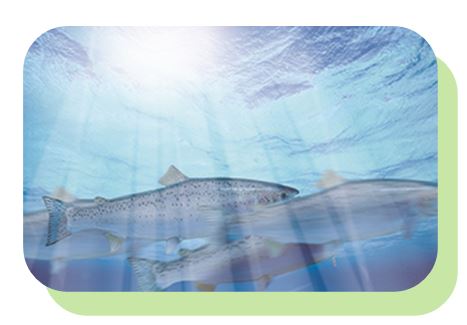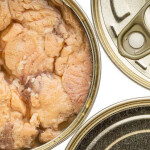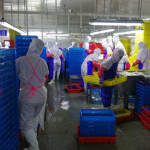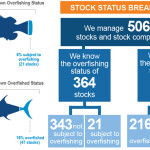Escapes

Just as land-based livestock occasionally escape their pens, so too do farmed salmon break out of their pens, often due to damage from storms. The big question then becomes: What impact will escaped farmed fish have on native marine life? Will interbreeding cause long-term effects?
Some research suggests the answer is yes. A number of studies in Norway have found evidence that escaped salmon have changed the genetic makeup of wild species. Among them, a 2013 study in the journal BMC Genetics found that “Five of the [20] populations [studied] displayed statistically significant temporal genetic changes. All five of these populations became more similar to a pool of farmed fish with time, strongly suggesting introgression of farmed fish as the primary cause.”
Another study, published in 2011 in the journal Heredity, found similar effects in eastern Canada. According to the study, “Overall, these results indicate that farmed escapees have introgressed with wild Magaguadavic salmon resulting in significant alteration of the genetic integrity of the native population, including possible loss of adaptation to wild conditions.”
At the moment, Eppling said, there are few options for controlling escapes other than better net pen designs, but scientists are working on developing a so-called “triploid” salmon, which contains DNA with three sets of chromosomes, as opposed to the typical two sets. In layman’s terms, such fish would be sterile, and unlikely to interbreed with native populations in the event of an escape. Nothing is foolproof, but Eppling said of the likelihood that salmon cultured this way would not be able to breed, “It borders on the high 90-percentage really.” The technology, however, is not yet commercially available.





